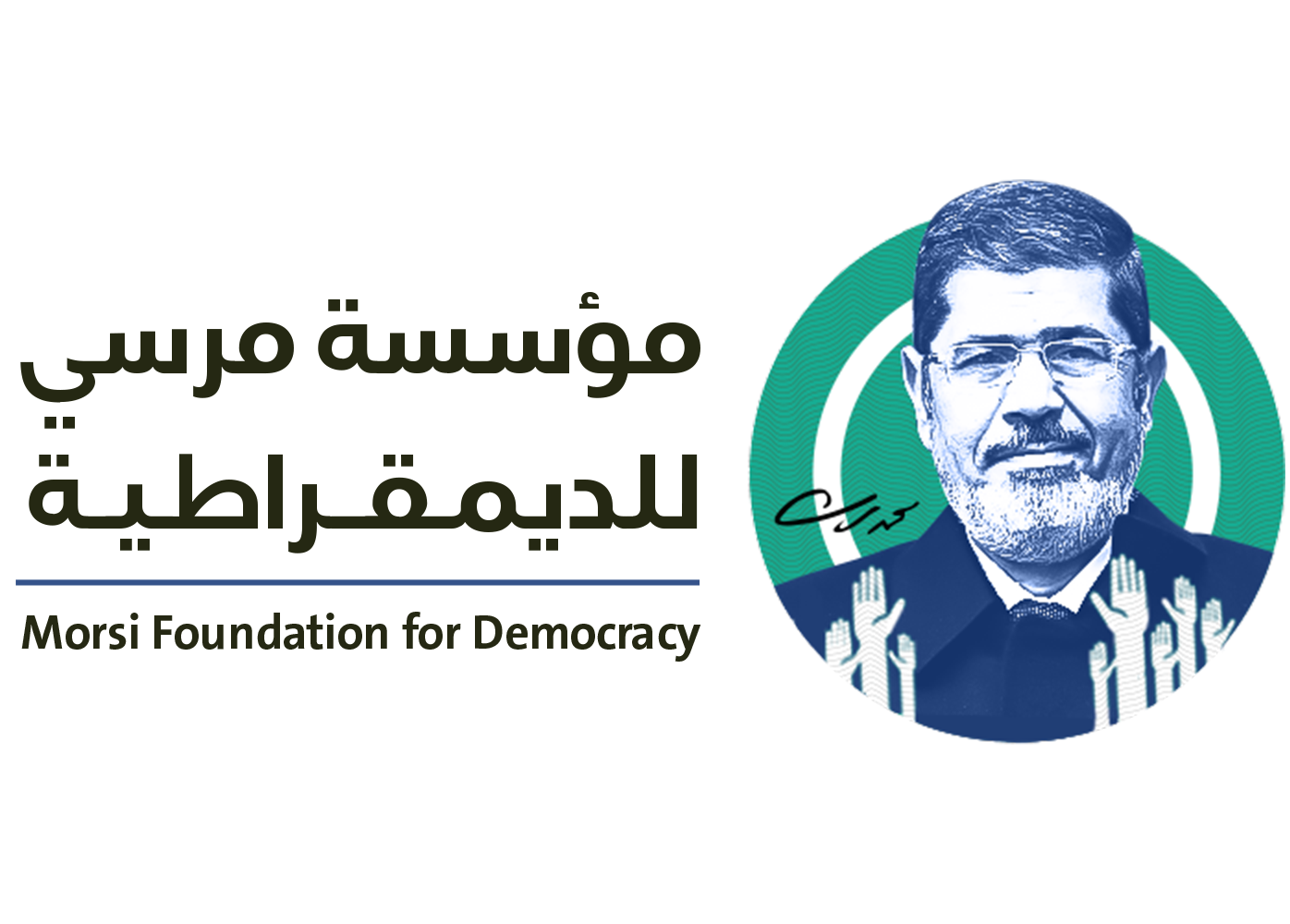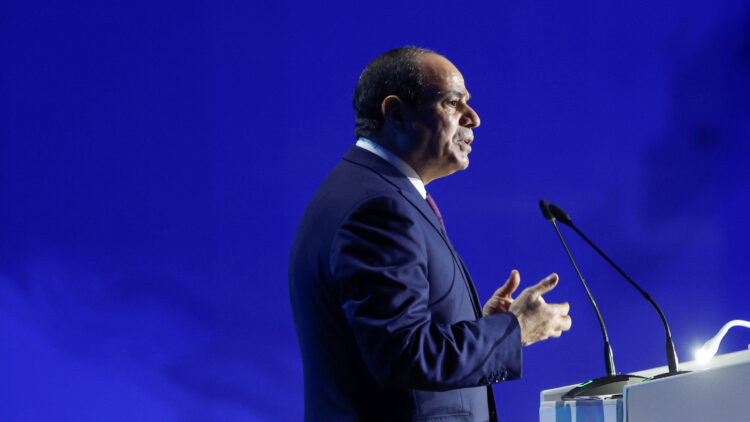Al-Sisi has launched numerous projects to boost the country’s economy, but they have failed quickly and then been shut down, at a cost of billions of dollars to the country. This has led to an increasing national debt for Egypt due to borrowing the money for the majority of these projects.
In a Twitter thread, Egyptian journalist Hanan Khairy looked at the details of a number of these projects that were inaugurated by President Abdel Fattah Al-Sisi and terminated later due to project management failures. On 25 December 2019, for example, he inaugurated a colossal complex for animal and dairy production in Youssef Al-Seddik City in the Faiyum Governorate. It covered more than 458 acres, with a capacity of 18,000 head of cattle. However, less than three years later, the complex was shut down, except for a small section that remained in operation for packaging purposes.
Al-Sisi has opened other similar complexes in Qibli Qarun, also in the Faiyum Governorate, as well as in Nubaria and Sadat City. The Qibli Qarun complex has been completely closed, with the Sadat and Nubaria complexes still functioning at a significantly lower capacity with substantial losses, just one year after their inauguration.
Back on 18 November 2017, President Al-Sisi inaugurated the first phase of the Barkat Ghalyoun fish farming project, at a cost of 14 billion Egyptian pounds and covering over four thousand acres. The project aimed to bridge the food gap in the fish supply chain, and it was managed by the National Company for Fisheries and Aquaculture affiliated with the National Service Projects Organisation (NSPO).
The project was supposed to be implemented in two stages by China’s Evergreen company, which specializes in fish farming. The first phase was expected to comprise 1,359 fish ponds, each with an annual capacity of nine thousand tonnes. However, after five years of operations, the production has not exceeded a thousand tonnes.
In July 2020, Al-Sisi announced that he was seeking to restore the city of El-Mahalla El-Kubra to its deserved industrial status, by building the world’s largest spinning and weaving factory there. Construction started at a cost of 23bn Egyptian pounds on a site of 62,500 square metres. The target for the factory was to produce 30,000 tonnes of yarn daily.
The Egyptian government bought Swiss Rieter machines for the factory, but grave errors in the construction of the concrete structure prevented their installation and the start of operations was postponed. The construction work stopped entirely five months ago, with no solutions provided for the structural issues.
The factory was thus closed before it even opened due to hasty mistakes, leading to the loss of billions of Egyptian pounds in construction costs and the purchase of the machinery, which stand idle. The factory’s opening date, planned for earlier this year, has been postponed.
In 2014, a deficit in electricity production turned into a surplus. Despite this surplus, the government persisted in its policy of issuing contracts for massive power projects, while citizens shouldered the cost of investments in a surplus product that they did not require.
Al-Sisi continued to add surplus capacities by establishing thermal and wind power stations, reaching an output of 60,000 megawatts by the end of 2022, although the maximum load in the same year was only 33,000 megawatts. The cost went up to more than $45bn, which was all borrowed.
In an attempt to manage the significant surplus, which has been a burden on the Egyptian people, the state signed a memorandum of understanding to establish a connection with Cyprus and, from there, to Europe. However, nothing has been implemented from this plan. Likewise, the electr…



